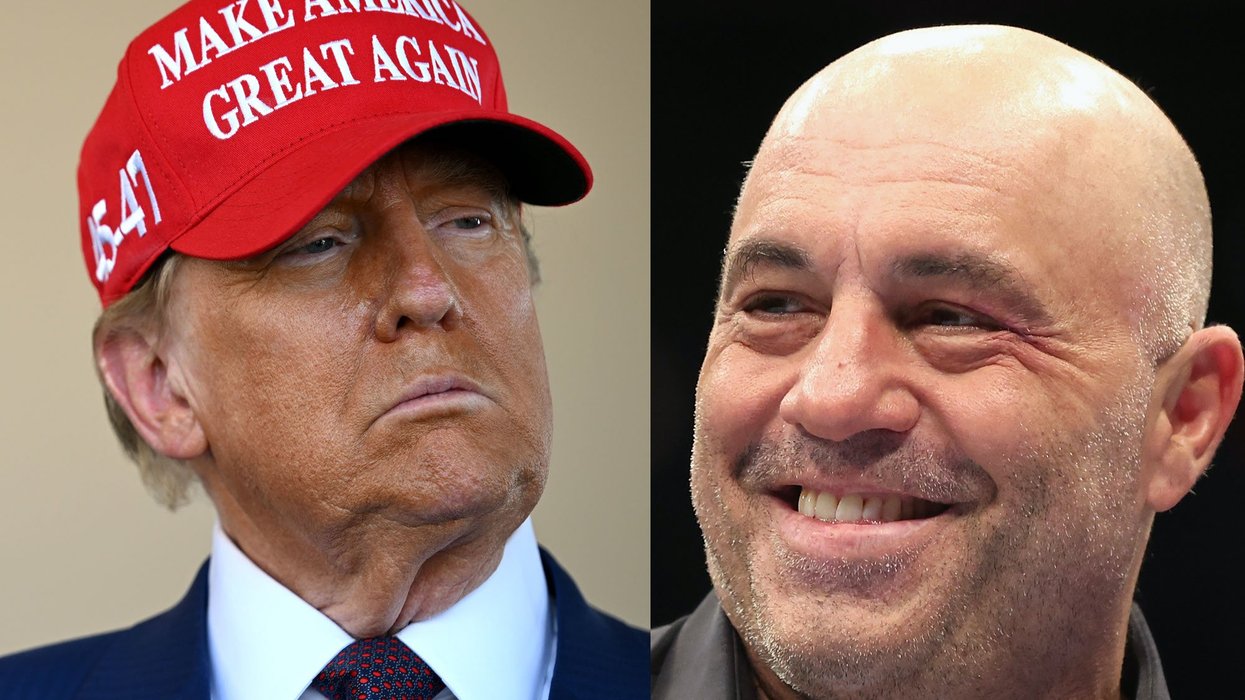© 2024 Blaze Media LLC. All rights reserved.
Is Porn Becoming a Potentially-Hazardous Part of Mainstream College Curricula in America?
November 15, 2012
"...a biblical context is the best way to approach issues related to pornography."
 Image Credit: Sinclair
Image Credit: Sinclair
There's a fascinating new report in WORLD Magazine about a phenomenon called "porn curriculum." The term refers to explicit material that is making its way into America's college and university classrooms. While the notion may seem too bizarre to be true, some experts claim that there is, indeed, an influx of pornography being integrated into secular professors' curricula.
Earlier this year, TheBlaze did report about one anecdotal example -- the allegation that Fresno State Public Health Professor Peggy Gish showed her students "Advanced Sexual Techniques, Volume One," a video that touts sexually-explicit audio and video messaging. But according to WORLD, this isn't an isolated incident.
The Christian magazine claims that, at New York University in New York City, New York, students have discussed pornographic comic books for a course called "Anthropology of the Unconscious." At Bates College in Lewiston, Maine, too, students have delved into sexual topics for a class entitled, "Doing it, Getting it, Seeing it, Reading it."
And not to outdo the other examples, but the WORLD report claims that a class at Wesleyan University in Middletown, Connecticut, once offered a course called "Pornography: Writings of Prostitutes." If the name of the class still leaves you with doubts about what's covered, consider that students were asked to create their own pornographic work for their final projects. While the class isn't currently listed on the college's web site, past media coverage will provide you with an overview of content.
While these courses may seem bizarre, the idea behind them is that they allegedly help prepare students for a world in which they will encounter graphic art, ideas and other related phenomena. By exposing pupils to these ideas early on, the notion is that they are then better prepared to contend with them in the real world.
But evangelical anti-porn groups and Christian scholars believe that the porn industry can be explored and analyzed without simply making young people comfortable with the explicit and potentially-addicting imagery that is presented.
"A healthy study of human sexuality and the human body in a biblical context is the best way to approach issues related to pornography," explained Covenant College psychology professor Kevin Eames. "It provides a basis of comparison by demonstrating the good against the counterfeit, which is what pornography is...I treat pornography in the category of illegitimate pleasures that can be addictive and that is a counterfeit for both sexual intimacy and true joy."
Despite some push-back against porn in the classroom, many students embrace it -- as do their faculty -- as a form of art. WORLD has more about the extent to which adult materials have made their way into U.S. classrooms:
A growing number of scholars are pushing the study of porn in a variety of academic fields, from literature to film, law to technology, and anthropology to women's studies. Last year, 50 schools offered courses that included in-depth pornography content. The list of schools promoting porn in the classroom includes many of the nation's most prestigious secular colleges-NYU, Yale, Harvard, Columbia and Berkeley.
Read more about the "porn curriculum" and its potential negative effects over at WORLD.
--
Related:
Want to leave a tip?
We answer to you. Help keep our content free of advertisers and big tech censorship by leaving a tip today.
Want to join the conversation?
Already a subscriber?
Billy Hallowell is a digital TV host and interviewer for Faithwire and CBN News and the co-host of CBN’s "Quick Start Podcast."
Billy Hallowell
Billy Hallowell is a digital TV host and interviewer for Faithwire and CBN News and the co-host of CBN’s "Quick Start Podcast."
more stories
Sign up for the Blaze newsletter
By signing up, you agree to our Privacy Policy and Terms of Use, and agree to receive content that may sometimes include advertisements. You may opt out at any time.
© 2024 Blaze Media LLC. All rights reserved.
Get the stories that matter most delivered directly to your inbox.
By signing up, you agree to our Privacy Policy and Terms of Use, and agree to receive content that may sometimes include advertisements. You may opt out at any time.


